The neuropsychologist and director of the center of the Fundació Esclerosi Múltiple in Lleida, Mónica Nieves, explains how neurorehabilitation centers approach remote treatments in the new reality we live in as a result of the coronavirus health crisis through tools like NeuronUP.
Introduction to the remote neurorehabilitation program
On March 13, 2020 the state of alarm was declared due to the COVID-19 pandemic. Among the measures decreed in many regions was the closure of outpatient social-health centers. Given this situation, the neurorehabilitation centers of the Multiple Sclerosis Foundation (FEM), Miquel Martí i Pol (in Lleida) and Mas Sabater (in Reus), closed their in-person services, following the Generalitat de Catalunya, as a preventive measure against coronavirus infections.
In response to this situation, and with the aim of minimizing the impact of the suspension of services, the FEM decided to implement telematic care and intervention devices. These devices would remain in place until the full reopening of its centers.
Program objectives
The aim of this program of tele-treatments is to ensure that users of FEM’s services maintain their activity through telematic means and new ICTs. On one hand it seeks to offer sessions to stay active, optimize occupational engagement, promote healthy habits and maintain good physical and emotional condition to prevent deterioration in these exceptional times. On the other hand, to provide continuity to the treatments that were already being carried out in our neurorehabilitation centers.
As a line of development of new services, the format of telerehabilitation has great advantages for patients and therapists in certain areas. Since it solves the problem of distance and travel, enhancing activity in the patient’s everyday environment and involving the family in the activity.
The work of neurorehabilitation centers
Our mission as neurorehabilitation centers is to care for and support people with multiple sclerosis or other neurodegenerative diseases. Such as, Parkinson’s, ataxias, ALS or neuropathies. Also, brain injury, for example, stroke, TBI or brain tumor.
Neurorehabilitation centers provide all the technical, human, material and methodological resources that can contribute to promoting social integration and the personal autonomy of patients. We advocate for a model of comprehensive and global care and for neurorehabilitation as the best option (along with pharmacological treatments) to reduce the impact of the disease on their quality of life.
Multiple Sclerosis Foundation (FEM)
The Multiple Sclerosis Foundation has neurorehabilitation centers where we have different areas with cutting-edge technological tools. Such as computerized platforms for cognitive and physical stimulation, a multi-touch interactive table, and devices for alternative communication. Also, an independent living area for training in the Activities of Daily Living with real instruments including a kitchen, bathroom and adapted bedroom.
As a new development during 2020, and following the lockdown caused by the pandemic, we have more telematic resources to offer remote neurorehabilitation treatments, such as, for example, NeuronUP2GO (remote NeuronUP sessions). The objective is to ensure the continuity of the agreed neurorehabilitation treatment plan with each user, as well as the follow-up of this treatment and the detection of new needs. Also, to provide guidelines and recommendations to avoid complications caused by isolation and lack of activity during the pandemic.
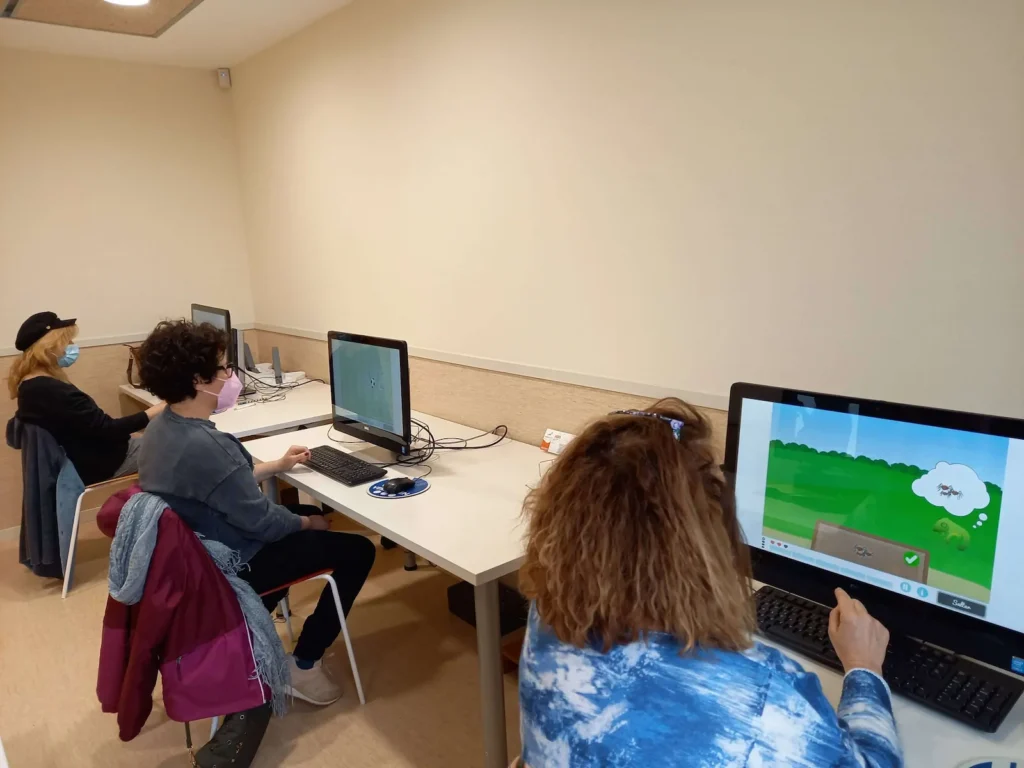
Neuropsychological treatment with NeuronUP
From the area of neuropsychology remote or online neurorehabilitation treatments are currently carried out through these modalities:
- NeuronUP home sessions, called NeuronUP2GO
- NeuronUP paper activities sent by email in PDF format.
- Group treatment via the ZOOM platform of cognitive guidelines during the lockdown for all users with cognitive impairment
The treatment with NeuronUP has been developed mainly for three groups:
- People with multiple sclerosis with cognitive complaints who were already receiving treatment at the center or were about to start it
- People with neuroprogressive diseases. For example, Parkinson’s with mild or moderate cognitive impairment who were already receiving NPS treatment at the center
- Patients referred to our center after cognitive impairment was detected as a sequel of having had COVID-19
The treatment consists of 3 weekly sessions with a variable duration depending on the person’s sustained attention capacity or cognitive fatigue.
We create sessions that range from 20 minutes up to 45 minutes.
Sessions are created with different levels of difficulty, depending on the level of cognitive deficit and the activities differ depending on each user’s impairments: attention, speed, language, memory, etc.
Advantages of using NeuronUP for remote neurorehabilitation treatments
As we have already mentioned, COVID forced us to reinvent ourselves in order to meet the needs of our patients.
The experience has been very positive, since we have been able to conduct sessions in the person’s home without the need to travel to the center. In addition, NeuronUP facilitates the creation, supervision and monitoring of the treatment specifically prescribed for each user.
We have conducted from March 2020 to October 2021 a total of 2134 sessions with NeuronUP2GO, of which 70 people with multiple sclerosis have undergone this treatment.
We have also started a treatment for cognitive deficits secondary to having had COVID. A group of people that we did not attend to until Right Now and who find themselves in a complex care and social void. Since it is a disease with high variability of symptoms between people, it is difficult to manage (as is the case with multiple sclerosis).
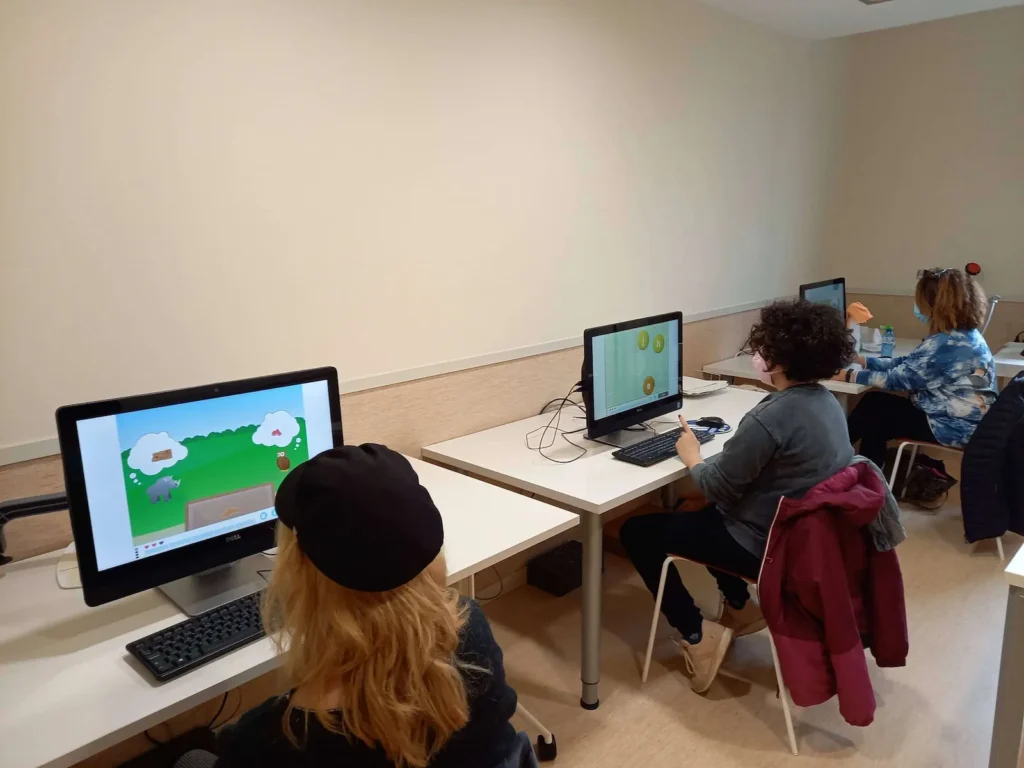
Conclusion
The results are positive and we continue working, as always, to help people with neurological problems. I believe that our help is essential on this new path, and this team, the FEM, enjoys doing it.
Finally, we want to thank SANOFI for their collaboration. They have helped us to have this tool to offer to our patients, providing the necessary number of licenses to meet the needs of our centers.
If you liked this post about remote neurorehabilitation and adaptation to the new reality, we recommend you take a look at these posts:
“This article has been translated. Link to the original article in Spanish:”
La neurorrehabilitación a distancia y adaptación a la nueva realidad
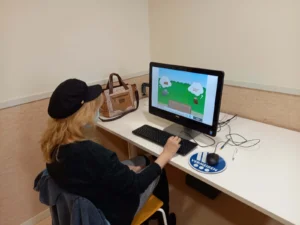
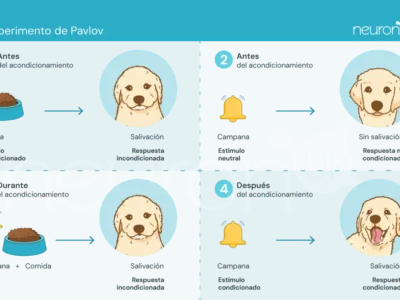
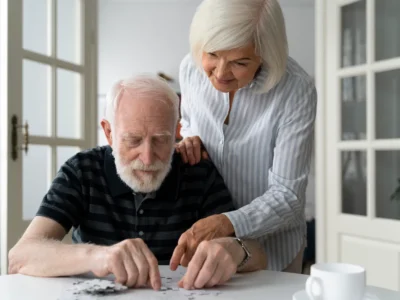


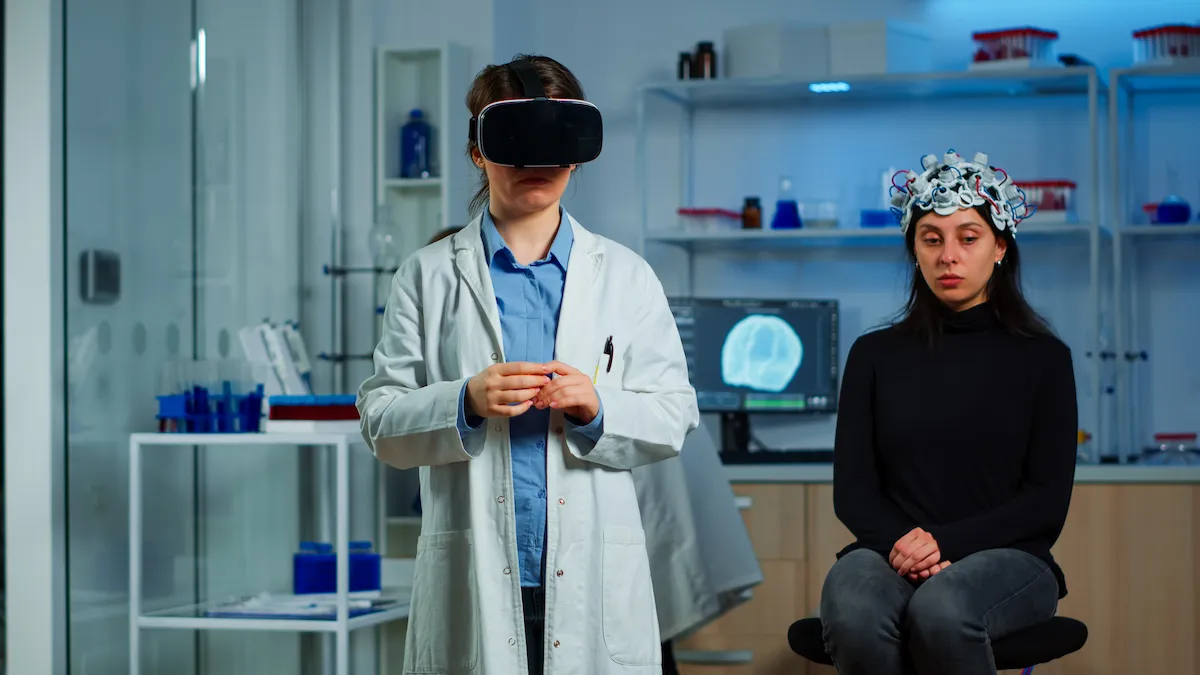

 Brain and Phobias: How Are They Related?
Brain and Phobias: How Are They Related?
Leave a Reply